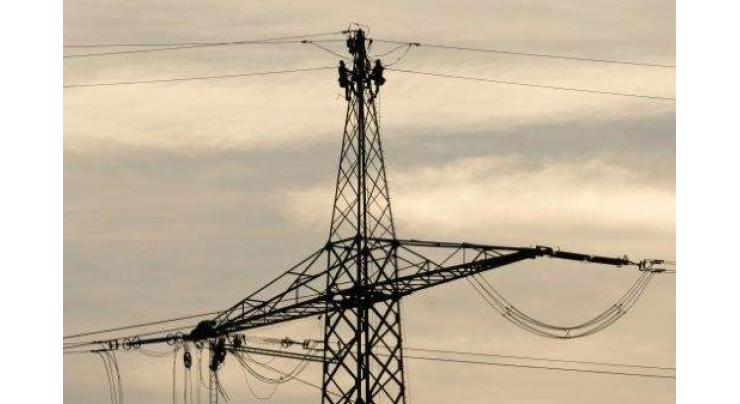
Energy Prices Power German Inflation To 3-year High
Fahad Shabbir (@FahadShabbir) Published January 03, 2017 | 08:00 PM

FRANKFURT AM MAIN, Jan 3, (UrduPoint / Pakistan Point News - 03rd Jan, 2017 ) - Inflation in Germany, Europe's largest economy, hit its highest level in more than three years in December, beating analyst expectations, official data showed on Tuesday.
A basket of consumer items increased in price by 1.7 percent in December 2016 from the same month the previous year, figures from the Federal statistics office Destatis showed. It was the fastest pace of inflation since July 2013 and beat the 1.5 percent predicted by analysts surveyed by Factset.
The German data comes on the same day as releases showed inflation in eurozone partners Spain hitting 1.4 percent and France 0.6 in December -- up from 0.5 percent and 0.3 percent the previous month.
Consumer prices in three of Europe's largest economies appeared to advance towards the European Central Bank's inflation target of just below 2.0 percent after months of stagnation. In Germany, inflation as measured by the ECB's preferred yardstick, the Harmonised Index of Consumer Prices, was also 1.
7 percent in December.
The central bank has set interest rates at record lows and pumped money into the economy by buying bonds and offering cheap loans to banks as it seeks to support growth and inflation in the 19-nation single Currency area.
But analyst Jennifer McKeown of Capital Economics warned that Frankfurt policymakers should stop short of opening any leftover New Year's champagne. France's inflation rate remains very low, she said, while the uptick in Germany was powered by energy prices recovering from a sharp dip.
December's 2.5-percent year-on-year boost to energy costs was the first increase in three years, McKeown noted, and followed a 2.7-percent fall in November. Looking over the longer term, German inflation stood at 0.5 percent for the whole year in 2016 -- behind France's 0.6 percent.
While the German economy could see core inflation beyond energy pick up in the medium term, "price pressures elsewhere in the eurozone are much weaker," she said, pointing to a "temporary" upward trend.
Related Topics
Recent Stories

Experts raise concerns over introduction of 10-stick packs

Iranian president arrives in Karachi

Law Minister expresses Govt's resolve to address issue of missing persons

Rizwan’s batting order may be changed: Sources

Nawaz Sharif to visit Guangzhou exhibition in China

FM Dar not traveling to China: Foreign Office

PM takes notice of deliberate delay in tax cases

Iranian President visits Allama Iqbal’s mausoleum

Iranian President arrives in Lahore today

Currency Rate In Pakistan - Dollar, Euro, Pound, Riyal Rates On 23 April 2024

Today Gold Rate in Pakistan 23 April 2024

Islam enlightened world with its teachings about knowledge: Dr Jamileh
More Stories From Business
-
Digital technologies play significant role in economic growth: Shaza
5 minutes ago -

Experts raise concerns over introduction of 10-stick packs
21 minutes ago -
SACM directs making technical institutes as skill imparting centres
1 hour ago -
General Motors lifts 2024 profit forecast after strong Q1
2 hours ago -
110 urban buses to run in Faisalabad: minister
2 hours ago -
PSX loses 74 points
2 hours ago
-
KPT shipping movements report
4 hours ago -
Gold rates further decline by Rs.7,800 per tola to Rs.240,900
6 hours ago -
Tesla earnings a 'moment of truth' for Musk after stumbles
8 hours ago -
Foreign exchange rates
8 hours ago -
EXCHANGE RATES FOR CURRENCY NOTES
8 hours ago -

Currency Rate In Pakistan - Dollar, Euro, Pound, Riyal Rates On 23 April 2024
10 hours ago







